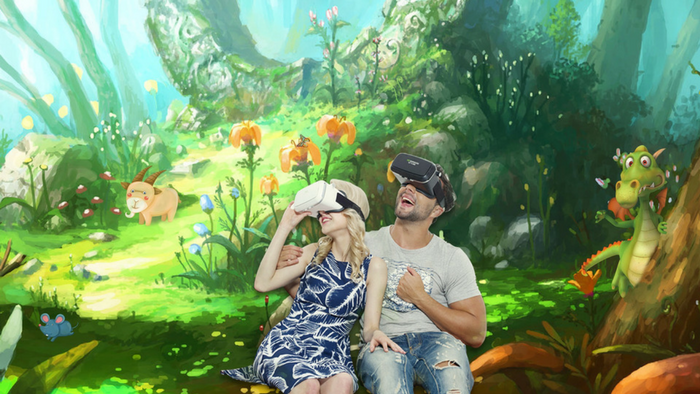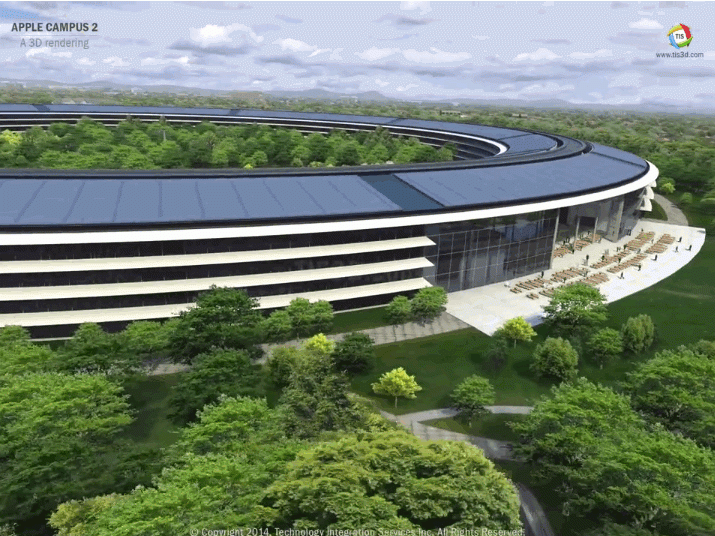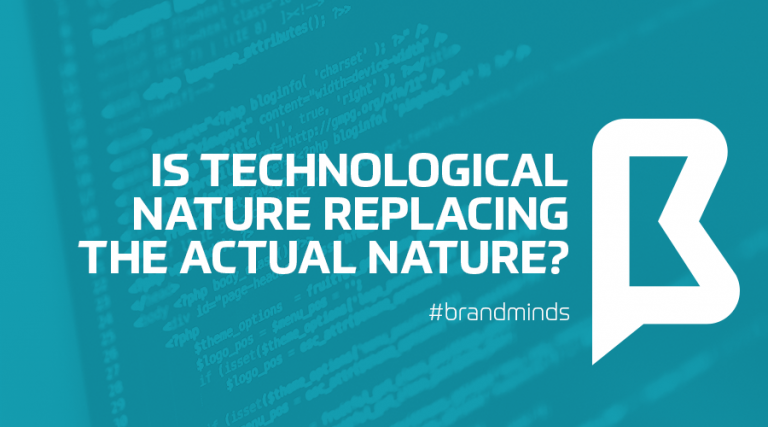Is technological nature replacing the actual nature?
Technological nature is defined as “technologies that in various ways mediate, augment, or simulate the natural world.”
The term technological nature was coined by Peter H. Kahn Jr, Professor in the Department of Psychology and Director of the Human Interaction with Nature and Technological Systems Laboratory at the University of Washington.
Professor Kahn is the author of Technological Nature, Adaptation and the future of human life. His book shows that our relationship with nature is increasingly mediated and augmented by technology and talks about what this means for mankind.
What exactly is technological nature?
Technological nature means digital representations of the wild:
- Nature-focused documentaries;
- Video games where the action takes place in mythical woods and majestic mountains;
- VR simulations that takes the user inside wild areas of foreign countries;
- Audio tapes of the rain, the sea or the fores;
- Nature videos playing on widescreen TVs in corporate offices.
 image source: innorobo.com
image source: innorobo.com
Technological nature – why does it exist?
Man emerged from nature. He is part of nature as much as nature is part of him. It is no coincidence that our ancestors called everything around them (the animals, the sun, the plants, mountains and sea) Mother Nature.
In order to live a high-quality life we need to be surrounded by nature. Being outdoors triggers biophilia which means humanity’s inborn, primordial affiliation with the environment.
 image source: psychologyandi.com
image source: psychologyandi.com
According to Edward O. Wilson, renowned biologist, we are all biophiliacs since we possess an innate tendency to seek connections with nature and other forms of life. Although some regard biophilia as nothing but a hypothesis, psychological studies have found various evidence that show the powerful influence nature has on our psychological, emotional and physical well-being.
 image source: www.barcelo.com
image source: www.barcelo.com
Engaging with nature, from simple walks in the nearby woods to more physically challenging such as climbing mountains, helps us as follows:
- Our mind becomes more relaxed;
- Lowers anxiety and stress;
- Improves our mood;
- Increases our cognitive performance and creativity;
- Reduces blood pressure, heart rate and muscle tension.
The lack of engagement with nature is called nature-deficit disorder.
Nature-deficit disorder is not a medical diagnosis, but a useful term—a metaphor—to describe what many of us believe are the human costs of alienation from nature: diminished use of the senses, attention difficulties, higher rates of physical and emotional illnesses, a rising rate of myopia, child and adult obesity, Vitamin D deficiency, and other maladies.
Richard Louv, author of Last Child in the Woods.
Evolution has driven man out of the woods and into highly urbanised environments.
Nature is necessary for our physical and psychological well being, says Professor Kahn so we found a way to bring nature into our concrete lives: technological nature.
Although digital, technological nature has important benefits:
- Decreases violence and aggression among inmates;
- Office workers are happier and more productive;
- Patients who underwent surgery tolerated pain better and had a faster recovery when they had a view of trees instead of a white wall
Technology giants such as Apple and Amazon have taken these research results into account and designed their latest workplace spaces according to biophilic office design guidelines.
 image source: businessinsider.com
image source: businessinsider.com
Technological nature: beneficial or destructive?
Yes, technological nature is an alternative when our access to nature is limited or non-existent.
But we shouldn’t view technological nature as a replacement for nature itself.
Professor Kahn says technological nature is better than nothing, but is not good as actual nature.
You cannot feel the wind blowing in your hair in a VR environment or feel the ground beneath your feet so he calls VR nature as “dumbed-down nature.”
Conclusions:
- We are living highly technologized times;
- Through technology we can achieve more than we ever thought possible;
- Technology is making our lives easier and more productive;
- We define progress and civilisation in opposition with nature or animals and plants life, but it is time we reconsider this definition;
- Technology is not a substitute for actual nature. Technology should help us access and engage with actual nature.
People need to interact with actual nature. The solution is not just talking more about nature or creating videos of nature or other forms of technological nature. No, the solution is ever-deepening our interactions with nature and having more wild nature to interact with.
Peter H Kahn
